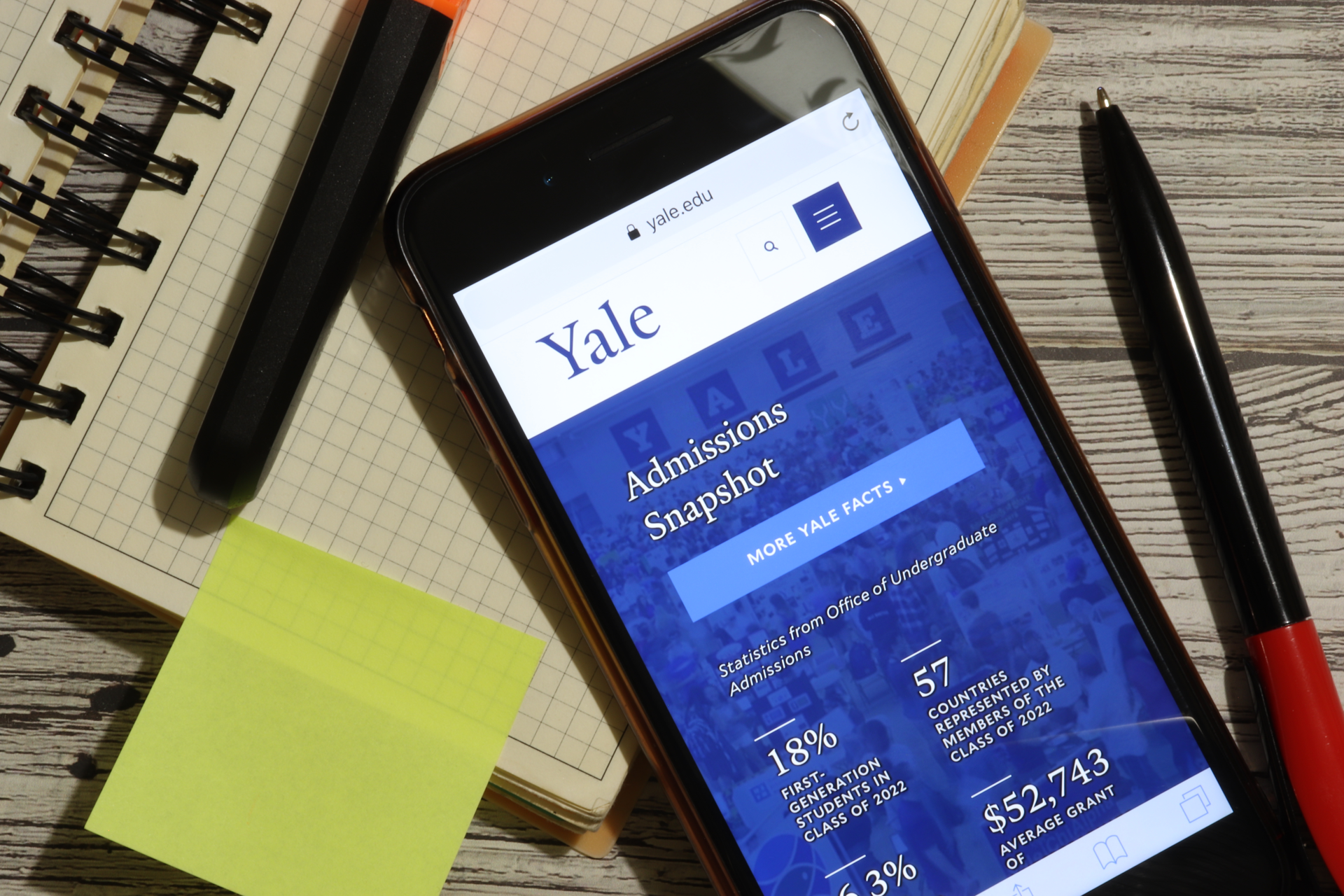Yale and MIT are among more than a dozen top colleges across the country being sued for allegedly conspiring to manipulate the national admissions system to limit financial aid for students and benefit applicants from wealthier backgrounds.

The proposed antitrust class action lawsuit describes the group of universities as a “cartel” running a scheme to collectively adopt “a common formula for determining an applicant’s ability to pay” tuition, rather than competing freely over financial aid by trying to attract students through more generous aid offers.
The complaint also claims more than half of the schools have given preferential treatment to wealthy applicants by favoring the children of “past or potential future donors” and “through a largely secretive practice known as ‘enrollment management.’”
“Elite, private universities” are “gatekeepers to the American Dream,” making the alleged misconduct “particularly egregious because it has narrowed a critical pathway to upward mobility that admission to their institution represents,” said the suit.
Other defendants in the case include Massachusetts Institute of Technology, Brown, Caltech, the University of Chicago, Cornell, Dartmouth, Duke, Emory, Georgetown, Northwestern, Notre Dame, the University of Pennsylvania, Rice and Vanderbilt.
The schools are allegedly acting illegally in claiming an antitrust exemption under Section 568 of the Improving America’s Schools Act of 1994, an exemption that only applies to schools that practice need-blind admissions.
Karen Peart, a spokesperson for Yale, stated their financial aid policy is fully compliant with all applicable laws.
Brown spokesperson Brian E. Clark said the university has yet to be served a lawsuit and was aware of it only from news media reports, but that, “based on a preliminary review, the complaint against Brown has no merit and Brown is prepared to mount a strong effort to make this clear.” Clark added that Brown “is fully committed to making admission decisions for U.S. undergraduate applicants independent of ability to pay tuition.”
The suit accuses the schools of facilitating their plot through formal membership in the “568 presidents group,” which it says was formed in 1998. Although the group’s website suggests its mission is to promote need-blind admissions and ensure compliance with Section 568, the truth “is the opposite,” according to the complaint.
The plaintiffs claim the collusion has immensely limited price competition and caused 170,000 financial aid recipients to be overcharged hundreds of millions of dollars over two decades.
Read more articles from Haute Lawyer, visit https://hauteliving.com/hautelawyer


















